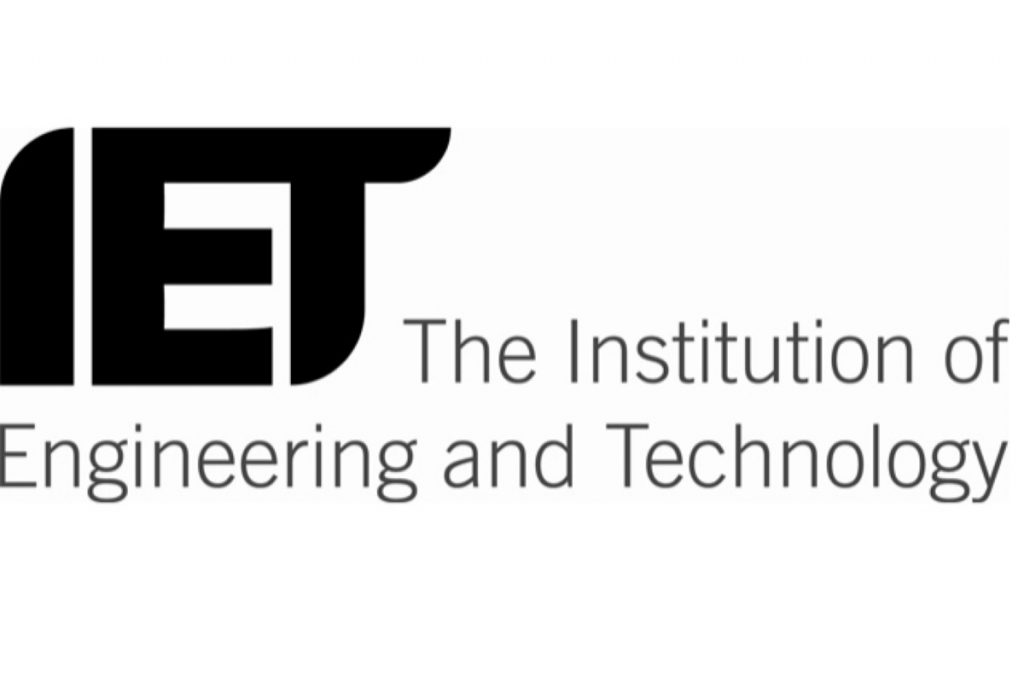The sad news that the driver of a Tesla car has been killed while it was in autopilot mode should not stop the advancement of driverless cars on our roads according to the Institution of Engineering and Technology (IET).
Sahar Danesh, IET Principal Policy Advisor for Transport, said: “This appears to be a tragic accident but it should not discourage the advancement of driverless cars on our roads.
“Autonomous driving until now has had a strong safety record. One of the advantages autonomous vehicles have over traditional vehicles is that they record everything that goes on around them in detail, so those investigating what happened in the case of the self-driven Tesla will have a lot of information that they can use to improve the future safety of autonomous transport – so that these kinds of accidents can be avoided in the future.
“It is important to remember that driverless vehicles have huge potential to transform the UK’s transport network. In the long term, autonomous cars could improve road safety, reduce congestion and lower emissions.
“There are a series of trials taking place around the world where driverless cars have covered millions of miles without major incident. What we learn from this will prove crucial in ensuring the improved safety and technology of driverless cars.
“Public acceptance and trust are crucial, so these trials must get to grips with the best ways to win over everyone from car manufacturers to consumers to the benefits of driverless cars.
“However, we are unlikely to see fully autonomous vehicles in the very near future but what we will see is increased levels of automation, such as speed and lane control, rather than completely driverless cars. The increased technology in our vehicles will also have a very beneficial effect for older people, allowing them to stay mobile for longer.”
Notes to editors:
Interview opportunities are available with IET spokespeople from a broad range of engineering and technology disciplines including cyber-security, energy, engineering skills, innovation, manufacturing, technology, transport and women in engineering.
The IET is one of the world’s largest engineering institutions with over 167,000 members in 150 countries. It is also the most interdisciplinary – to reflect the increasingly diverse nature of engineering in the 21st century. Energy, transport, manufacturing, information and communications, and the built environment: the IET covers them all.
The IET is working to engineer a better world by inspiring, informing and influencing our members, engineers and technicians, and all those who are touched by, or touch, the work of engineers.
We want to build the profile of engineering and change outdated perceptions about engineering in order to tackle the skills gap. This includes encouraging more women to become engineers and growing the number of engineering apprentices.
For more information, visit www.theiet.org
Follow the IET on Twitter.





-01.png)